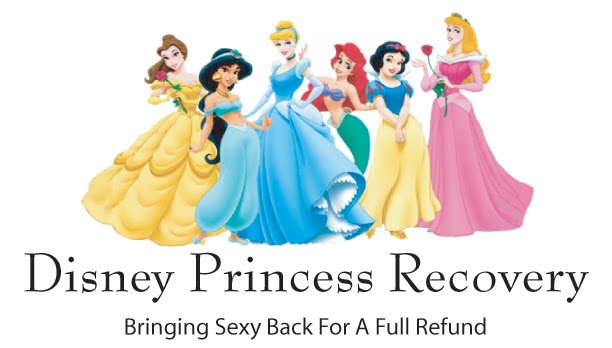Wednesday, April 28, 2010
Philosophy on Toys
The less a toy does, the more a child does.
Most parents have a story like this: "Jr. got a Super Fantastic Shiny Toy for her birthday, and played with the box all day."
Or the wrapping paper.
Or the string that held the package together.
This humors the grown-ups, but it is the child demonstrating what we have forgotten. That the point of play is to create, to make something your own, to insert individuality. As children show us repeatedly, it doesn't take much. A pot, pan, a pine cone.
If you have ever met an 8 year old who states she is "bored", go through her toy inventory. Chances are there are a lot of exciting things in there. The more heavily a toy "does", or, the more heavily a toy is scripted (comes with a very specific story line), the more likely a child will end up needing to be entertained rather than creating the entertainment.
I think we are re-entering an era where the common belief is this: Children shall be seen and not heard. Toys that keep kids perpetually plugged in keep them pretty much out of grown-ups hair, for a time. It also keeps them from observing the adults in their life, from seeing how grown-ups interact, and handle difficult emotions.
Play is continually underestimated. It is through play that children learn problem solving. It is through play that children channel aggression, fear, annoyance, joy, and all the other intense emotions that they are learning to cope with. When they can figure out how to manage emotions, pretty much anything can be learned. Play is their work.
Most parents have a story like this: "Jr. got a Super Fantastic Shiny Toy for her birthday, and played with the box all day."
Or the wrapping paper.
Or the string that held the package together.
This humors the grown-ups, but it is the child demonstrating what we have forgotten. That the point of play is to create, to make something your own, to insert individuality. As children show us repeatedly, it doesn't take much. A pot, pan, a pine cone.
If you have ever met an 8 year old who states she is "bored", go through her toy inventory. Chances are there are a lot of exciting things in there. The more heavily a toy "does", or, the more heavily a toy is scripted (comes with a very specific story line), the more likely a child will end up needing to be entertained rather than creating the entertainment.
I think we are re-entering an era where the common belief is this: Children shall be seen and not heard. Toys that keep kids perpetually plugged in keep them pretty much out of grown-ups hair, for a time. It also keeps them from observing the adults in their life, from seeing how grown-ups interact, and handle difficult emotions.
Play is continually underestimated. It is through play that children learn problem solving. It is through play that children channel aggression, fear, annoyance, joy, and all the other intense emotions that they are learning to cope with. When they can figure out how to manage emotions, pretty much anything can be learned. Play is their work.
Subscribe to:
Post Comments (Atom)

No comments:
Post a Comment